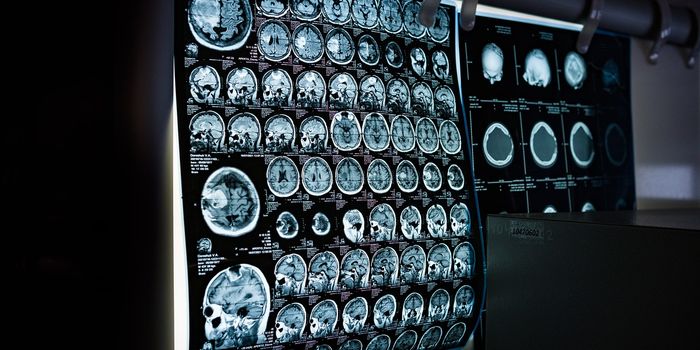An extensive database identifying immune traits, such as how immune cell function is regulated at the genetic level in healthy people, is reported by researchers from the National Institutes of Health (NIH) and their collaborators in the journal Cell. While many genetic risk factors have been linked to various diseases, including autoimmune disorders, how a genetic change causes susceptibility to a disease is not always clear.
By studying healthy people, researchers from the National Institute of Allergy and Infectious Diseases (NIAID) Vaccine Research Center, part of the NIH, and colleagues from King's College London have created a reference resource for other scientists.

The team analyzed blood samples collected from 669 female twins and developed a screening method that could differentiate approximately 78,000 subsets of immune cells, or immune traits.
By using twins, the researchers identified which immune traits were most likely to be heritable and thus regulated at the genetic level. They selected 151 promising traits and performed a genome-wide approach to identify which, if any, genetic changes regulated a trait. They discovered 19 immune traits that were regulated by more than 240 genetic changes clustered within 11 areas of the human genome.
The results of this study have far-reaching implications, especially for researchers studying autoimmune disorders such as multiple sclerosis, lupus, type 1 diabetes, and inflammatory bowel disease. For example, genetic changes in the FCGR2 gene are known risk factors for several autoimmune disorders, including those just noted. However, it remains unclear how FCGR2 influences such a range of disorders. Now, researchers can use this new database to see how a change in FCGR2 or another gene affects components of the immune system and, subsequently, incorporate this information in the design of future studies.
The article is titled "The genetic architecture of the human immune system: a bioresource for autoimmunity and disease pathogenesis."
[Source: NIH/NIAID]









